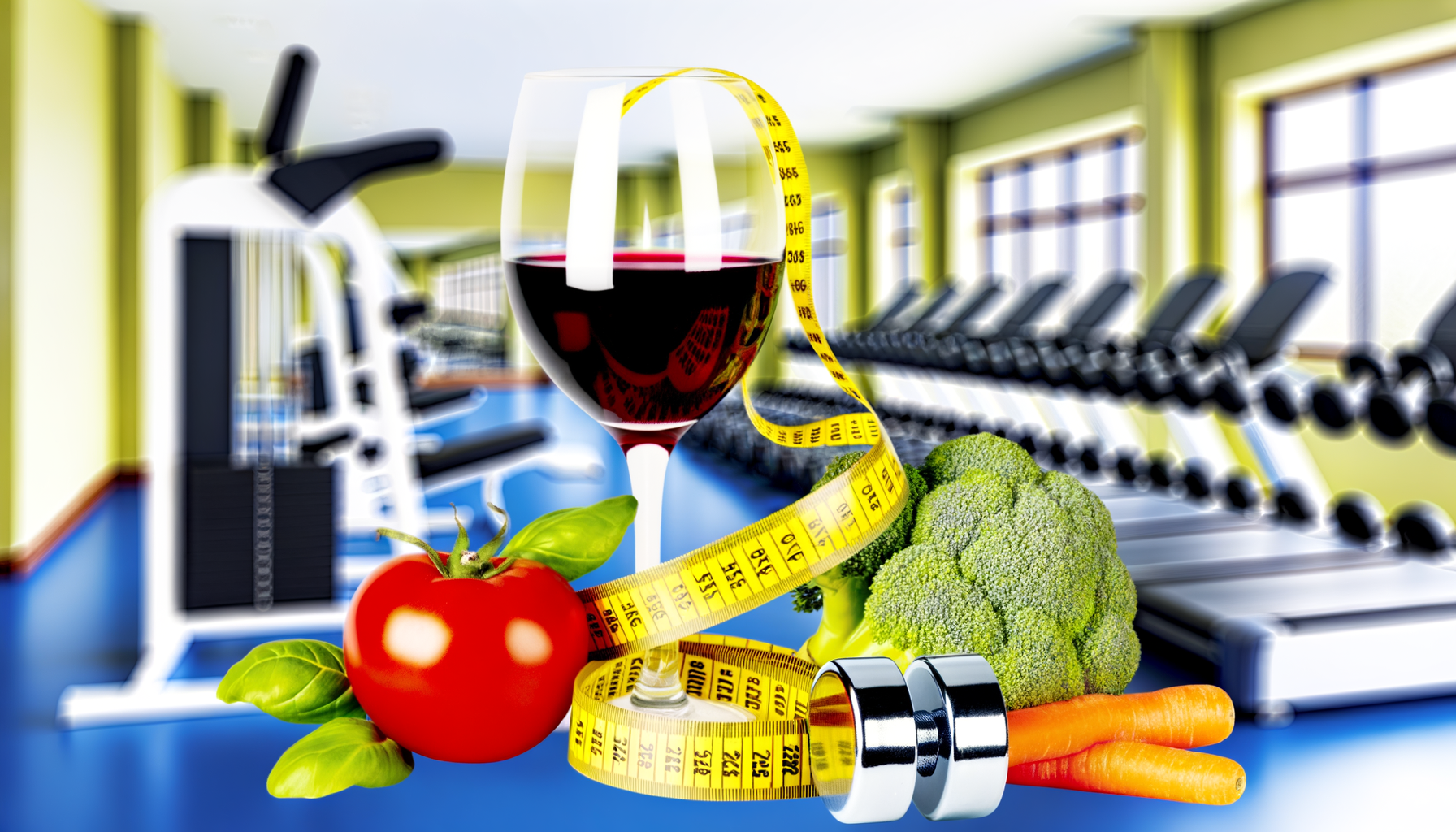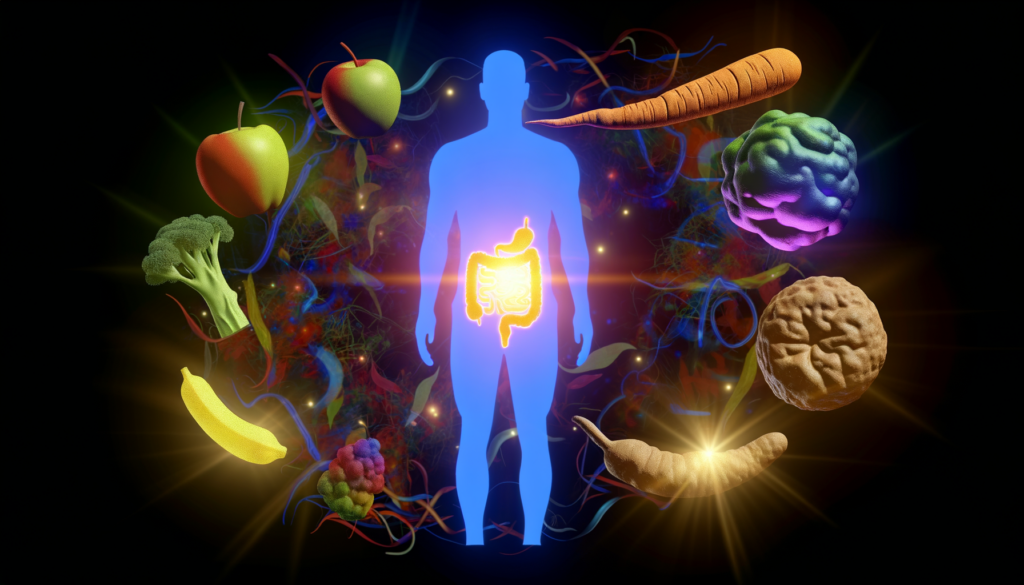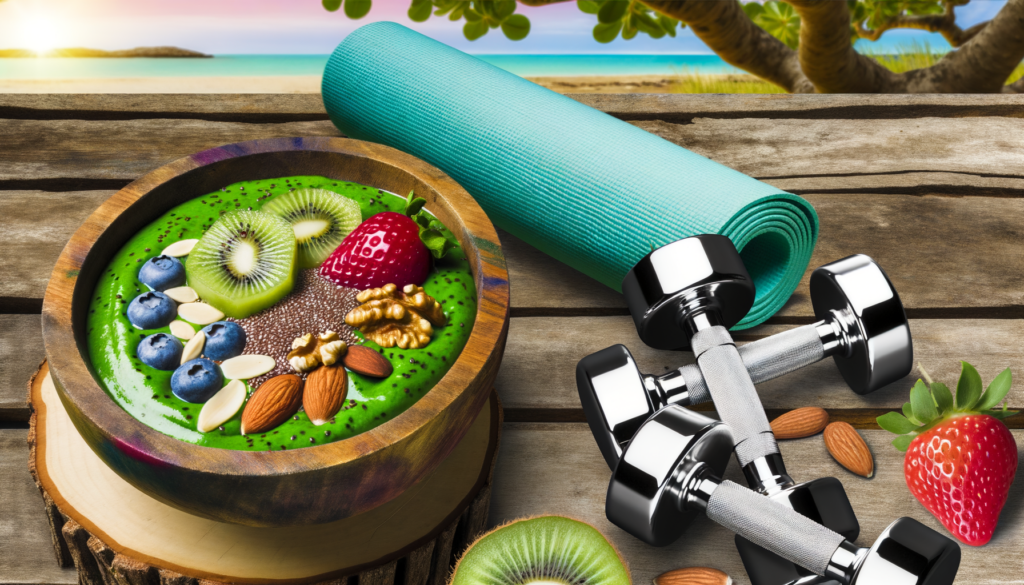Understanding the Intersection of Alcohol and Fitness
When it comes to achieving and maintaining fitness goals, several factors come into play, including diet, exercise, and lifestyle choices. One often overlooked but significant factor is the consumption of alcohol. Here, we delve into the impact of alcohol on calorie intake and fitness goals, providing a comprehensive look at the effects and offering practical advice.
Alcohol Calories and Weight Management
Alcohol is a calorie-dense substance, with each gram containing approximately 7 calories, which is nearly as calorie-dense as fats. A standard drink, such as a beer, glass of wine, or ounce of spirits, contains about 100 calories from alcohol alone, plus additional calories from carbohydrates.
When consumed regularly, these calories can add up quickly. For example, having one beer every night can result in over 1,000 calories per week, leading to an additional 15 pounds of belly fat per year. This excess calorie intake can significantly hinder weight loss efforts and overall weight management.
Disrupted Macronutrient Balance
Alcohol consumption can disrupt the balance of macronutrients in your diet. When drinking, individuals often prioritize alcohol over nutrient-rich foods, leading to imbalances in protein, carbohydrate, and fat intake. This imbalance can hinder muscle growth and recovery, ultimately impacting body composition goals.
For instance, alcohol can interfere with the absorption of essential vitamins and minerals such as B vitamins, vitamin D, calcium, and magnesium. These nutrients are vital for energy production, bone health, and muscle function, making their compromised absorption detrimental to fitness objectives.
Impaired Nutrient Absorption and Metabolism
Alcohol can impair nutrient absorption in the digestive tract and affect metabolism. When alcohol is consumed, it takes precedence over other energy sources, including fat, for metabolism. This means that the liver focuses on breaking down alcohol rather than converting fat into energy, leading to fat storage in cells instead of being used as energy.
Additionally, alcohol impairs the body’s ability to process adenosine triphosphate (ATP), the primary energy resource for muscles. This impairment can reduce the body’s ability to burn calories efficiently while exercising, resulting in packing on the pounds.
Impact on Physical Performance and Recovery
Alcohol consumption can significantly affect physical performance and recovery. Even moderate drinking can impair muscle protein synthesis, delay recovery after exercise, and decrease strength gains. This is particularly problematic for those aiming to improve body composition through resistance training.
A hangover can reduce aerobic performance by 11.4%, and even a single drink can have an impact on performance. Alcohol also impairs coordination, cognitive precision, reaction times, balance, and hand-eye coordination, all of which are critical for athletic activities.
Moreover, alcohol is a diuretic, leading to dehydration if fluids are not replenished adequately. Dehydration can exacerbate muscle fatigue, slower recovery, and increased inflammation, further hindering workout performance and recovery.
Effects on Sleep and Motivation
Alcohol consumption can also affect sleep quality, which is crucial for muscle recovery and overall fitness. After a night of drinking, sleep is often disrupted, leading to reduced REM sleep and increased wakefulness during the night. This poor sleep quality can increase inflammation and fatigue, making it harder to manage stress and maintain the motivation to work out.
Furthermore, the physical and mental side effects of alcohol, such as headaches, muscle fatigue, and increased anxiety or depression, can reduce motivation to stick to fitness goals. Alcohol affects cognition, the reward system, and decision-making, making it less likely to feel inspired or rewarded by milestones achieved.
Practical Advice for Balancing Alcohol and Fitness Goals
While it may not be necessary to completely cut out alcohol to achieve fitness goals, moderation and informed choices are key.
– **Plan Your Drinks**: If you enjoy a few glasses of wine or after-work beers, consider organizing your alcohol and fitness schedule. Avoid drinking before workouts or competitions, and try to limit alcohol intake to days when you are not planning to exercise.
– **Stay Hydrated**: Ensure you replenish fluids after drinking to avoid dehydration, which can exacerbate the negative effects of alcohol on performance and recovery.
– **Prioritize Nutrient-Dense Foods**: Make conscious decisions to prioritize nutrient-rich foods over alcohol and high-calorie, low-nutrient options. This can help maintain a balanced diet and support your fitness objectives.
– **Monitor Calorie Intake**: Be aware of the calorie content in alcoholic beverages and factor these into your daily calorie intake. Use tools like the Calorie Calculator Cloud to help manage your calorie balance effectively.
Conclusion and Next Steps
The impact of alcohol on calorie intake and fitness goals is multifaceted and significant. By understanding these effects, you can make informed choices that align with your health and fitness objectives.
If you are serious about achieving your fitness goals, consider the following:
– **Moderate Alcohol Consumption**: Limit alcohol intake to moderate levels (about one or two units per day) to minimize the negative effects on metabolism, performance, and recovery.
– **Use Fitness Tools**: Utilize tools like the Calorie Calculator Plans to help manage your calorie intake and stay on track with your fitness goals.
– **Seek Professional Advice**: For those struggling with alcohol consumption or its impact on fitness, consider seeking advice from health professionals or fitness experts.
By being mindful of the intersection between alcohol and fitness, you can better navigate the challenges and make progress towards your health and fitness goals.








